Tenant Responsibilities for Repairs & Maintenance – What You Need to Know (Part 1)
England & Wales
Renting a home means more than just paying the rent. Tenants have legal responsibilities—especially when it comes to repairs, damage, and everyday maintenance. If these are misunderstood or ignored, it can lead to disputes, unexpected costs, or even legal trouble.
This guide explains the key responsibilities tenants have in England and Wales, based on both implied legal terms and recent legislation.
🔧 Who’s Responsible for Repairs?
Landlords must keep the structure, heating, plumbing, and electrical systems in good working order. This is a legal requirement under:
Section 11 of the Landlord and Tenant Act 1985 (England)
Part 4 of the Renting Homes (Wales) Act 2016
However, if the tenant causes damage through carelessness—for example, pulling an electric shower off the wall—the landlord isn’t responsible for that repair. The cost falls to the tenant.
Some landlords prefer to handle all repairs themselves to ensure they meet safety standards, then recover costs from the tenant if needed.
🛋 Wear and Tear vs Damage
Tenants are not expected to return the property in perfect condition, but they must not cause damage. Normal use (like worn carpets or faded paint) is considered fair wear and tear. Things like holes in walls or broken fixtures, however, are classed as damage.
In England, this is an implied legal term.
In Wales, it’s set out under Regulation 13 of the Renting Homes (Supplementary Provisions) (Wales) Regulations 2022.
Factors like the length of the tenancy and number of occupants help determine what's reasonable wear.
🚨 What is “Permissive Waste”?
If a tenant notices a problem but does nothing, and it gets worse, they may be responsible for the damage.
Example: A tenant sees a radiator leaking, puts a bowl under it, and never tells the landlord. The bowl overflows and ruins the flooring.
Result: The landlord is still responsible for fixing the radiator—but can charge the tenant for the flooring repair.
This principle is known as permissive waste and applies under common law in England, and Regulation 14 in Wales.
📉 What About “Betterment”?
Landlords can’t profit from a tenant’s mistake. If old flooring is damaged and must be replaced, a landlord can’t expect a brand new floor paid in full by the tenant.
Instead, tenants may contribute a portion of the cost—based on the item’s age and expected lifespan.
🧽 What Does “Tenant-Like Manner” Mean?
Tenants are expected to handle basic household tasks—like changing lightbulbs, unblocking sinks they’ve blocked, or reporting problems early.
This principle was established in the legal case Warren v Keane (1954) and still applies today.
Of course, expectations have evolved. Modern safety laws mean tenants shouldn’t be fixing boilers or electrical issues—but they are expected to keep the property clean, deal with minor issues, and report bigger problems quickly.
✔️ Summary: What Tenants Are Responsible For
Treat the home with care and report issues early
Don’t cause damage—and if you do, expect to pay for repairs
Allow for fair wear and tear, but understand the difference
Carry out basic, everyday upkeep (e.g. cleaning, changing bulbs)
Follow the terms of your tenancy agreement and the law
In Part 2, we’ll look at what additional repair responsibilities can be included in tenancy agreements, and what happens when tenants don’t comply.
✅ Need support managing your rental property?
At Iles & Jenkin, we help landlords protect their investments and avoid unnecessary costs with proactive, professional management.
📞 Call us on 01934 512537
📩 Email: lettings@ilesandjenkin.com
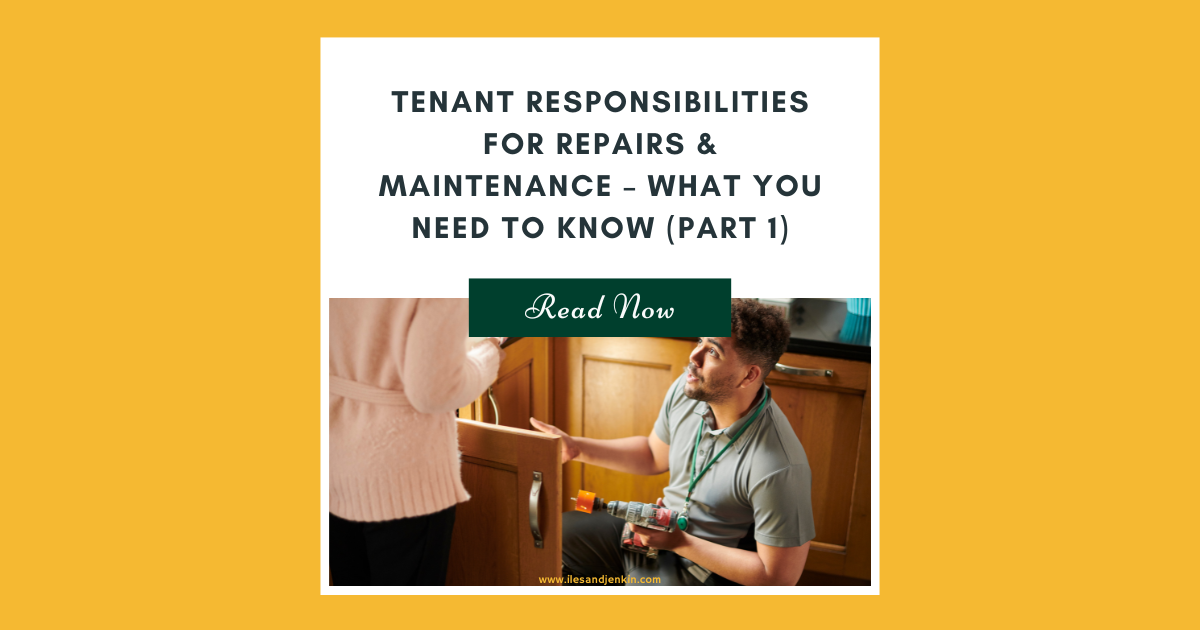
 By
By 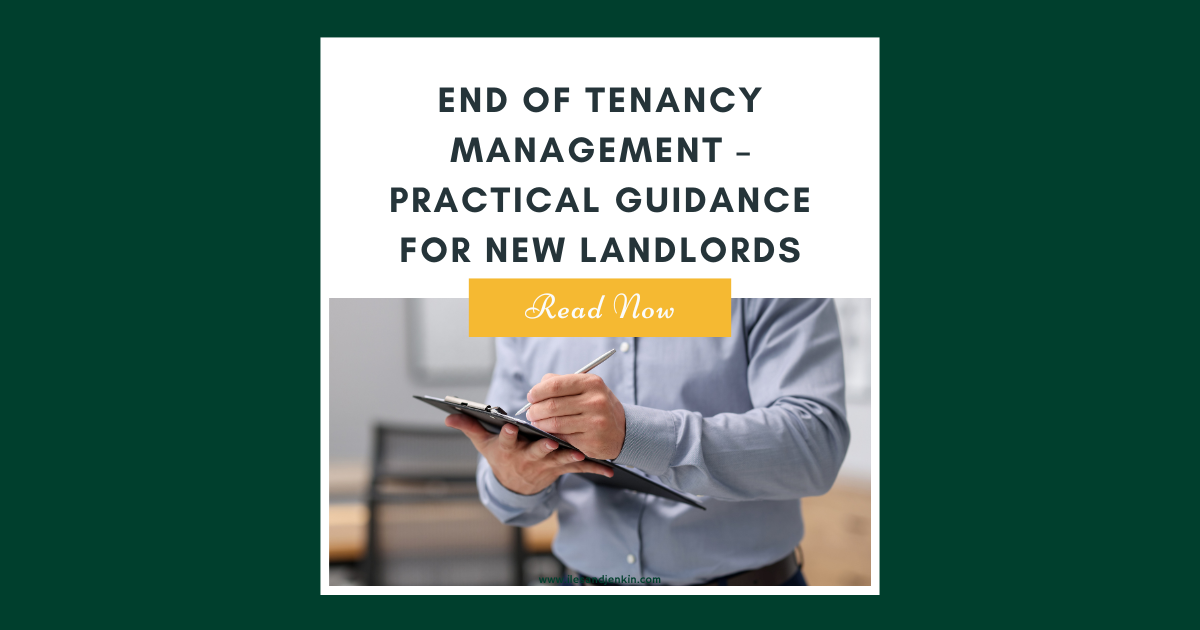
 posted by
posted by 

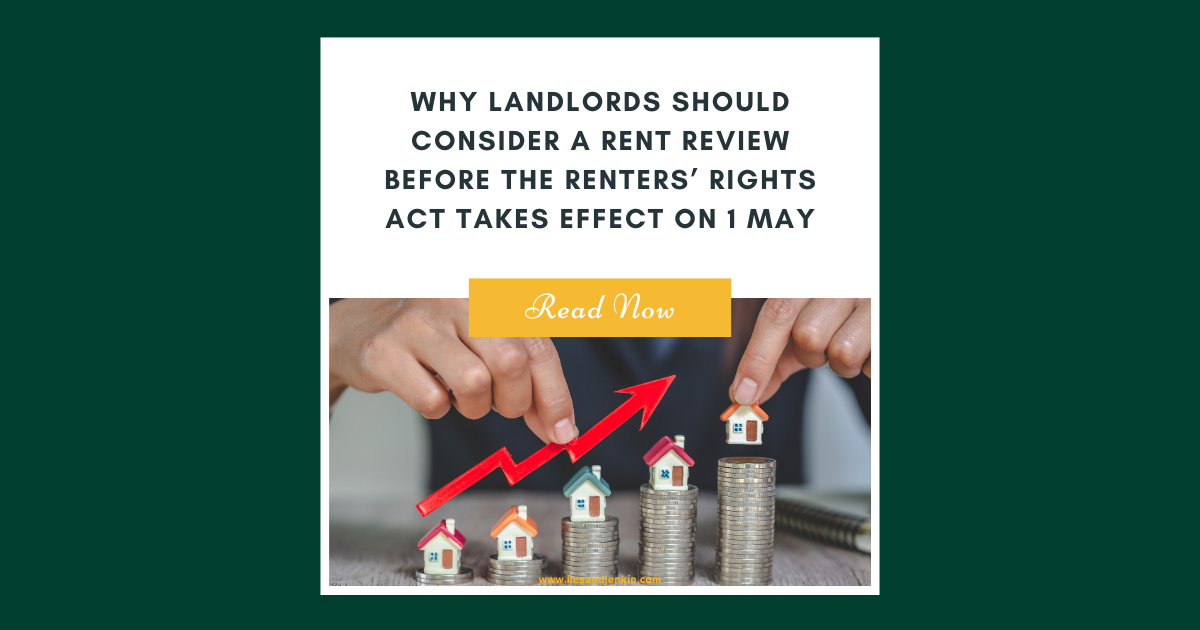
Share this with
Email
Facebook
Messenger
Twitter
Pinterest
LinkedIn
Copy this link